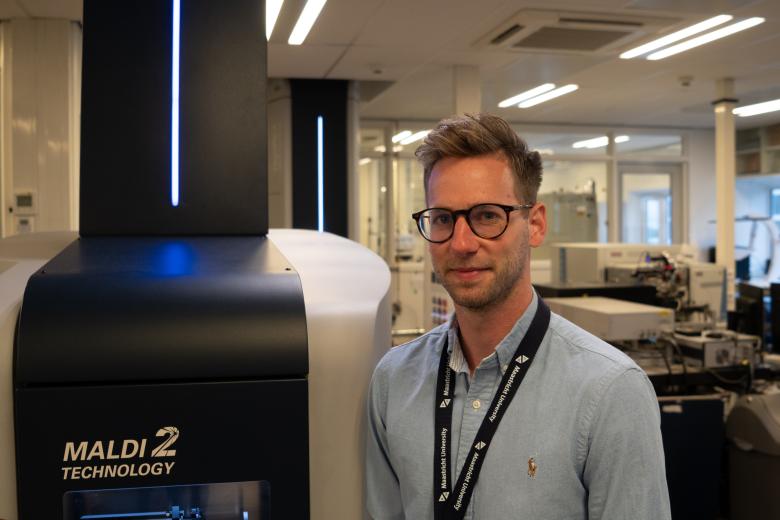John Penders awarded NWO Vidi-grant
In total, NWO received 572 project proposals of which 87 were granted. John Penders (NUTRIM/CAPHRI) was awarded a Vidi-grant for his research project ‘Unwanted souvenirs’.
Dutch people are increasingly traveling to countries where antibiotic-resistant bacteria are ubiquitous. This project studies the occurrence and spread of antibiotic resistance among the Vietnamese population and Dutch tourists in Vietnam and other countries where antibiotic resistance is widespread.
The researchers use molecular techniques to unravel the resistome, the collection of antibiotic resistance genes in the intestinal flora.
Vidi is targeted at the excellent researcher who following his/her PhD has carried out several years of research and in doing this has demonstrated the ability to generate and effect innovative ideas independently.
The Vidi-grant is worth a maximum of € 800.000,- and it allows researchers to develop their own innovative lines of research, and to appoint one or more researchers.
Also read
-
Dr. Anjusha Mathew uses mass spectrometry and cryo-EM to transform our understanding of complex protein structures
In 2018, Anjusha Mathew moved from India to Maastricht to begin her PhD. Seven years later, she is an assistant professor at the M4i research institute, part of the Faculty of Health, Medicine and Life Sciences. Recently, she was thrilled to receive a major grant for her research, in which she links...

-
Esther Heuts - Director of Education for Medicine
As a clinician, educationalist and mother of three teenagers, Esther Heuts understands better than anyone the constantly evolving world of students and doctors. From this academic year, Esther will draw on that experience in her new role as Director of Education for Medicine.

-
Weighing molecules and solving problems
Michiel Vandenbosch works in mass spectrometry: identifying the composition of a substance based on the weight of its molecules.
